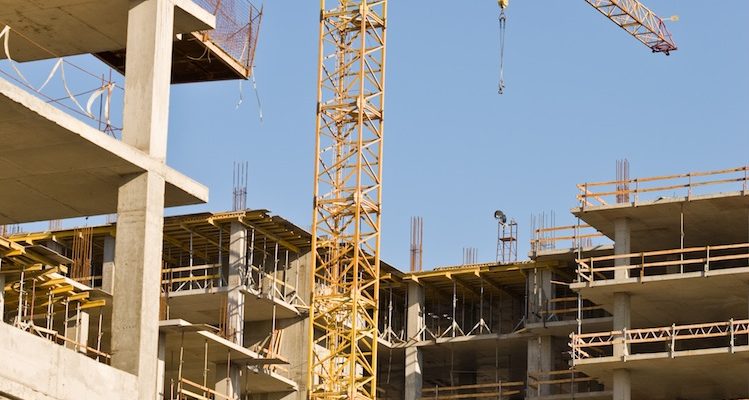Pressure from increasing state budget deficits, as well as debt from underfunded pensions, have caused critics to call for the repeal of Illinois’ prevailing wage law for government construction projects.
However, according to new research co-authored by a University labor expert, Illinois’ prevailing wage law creates many positive economic and social impacts, and repealing it would not result in any considerable savings for taxpayers or the state.
“We have a strong prevailing wage law in Illinois,” said Robert Bruno, professor of labor and employment relations. “It’s better than most states in that it assures public projects are done efficiently and on time with the best results possible.”


